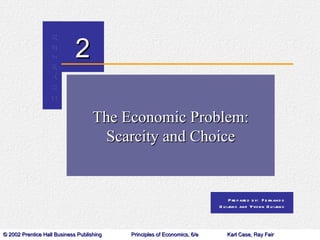Command societies are those in which a central authority, such as a government or dictator, controls the allocation and distribution of resources. These societies often have a planned economy, in which the government determines what goods and services are produced, how they are produced, and how they are distributed.
One way that command societies address the problem of scarcity is by implementing resource allocation policies. These policies can take various forms, such as rationing, price controls, or distribution quotas.
Rationing is a system in which the government limits the amount of certain goods that individuals are allowed to purchase. This can be necessary when there is not enough of a particular resource to meet the demand of the population. For example, during times of war, governments may ration certain goods, such as gasoline or food, to ensure that everyone has access to these necessities.
Price controls are another way that command societies address scarcity. These are regulations that set maximum or minimum prices for certain goods or services. Price controls can be implemented to make certain goods more affordable for low-income individuals, or to prevent price gouging during times of shortage. However, price controls can also have negative effects, such as creating shortages by reducing the incentive for producers to produce goods or services.
Distribution quotas are another tool that command societies can use to address scarcity. These are limits on the amount of a particular good or service that can be produced or distributed in a given period of time. Distribution quotas can help to ensure that everyone has access to necessary resources, but they can also lead to black markets and other forms of illegal trade.
Another way that command societies address scarcity is by implementing resource conservation policies. These policies can include initiatives to increase efficiency in resource use, such as recycling programs or energy conservation measures. They can also include efforts to increase the supply of resources, such as investing in research and development to find new sources of energy or developing new technologies to extract resources more efficiently.
Overall, command societies have a range of tools at their disposal to address the problem of scarcity. While these policies can be effective in ensuring that everyone has access to necessary resources, they can also have unintended consequences and may not be the most efficient or equitable solution to the problem of scarcity.







